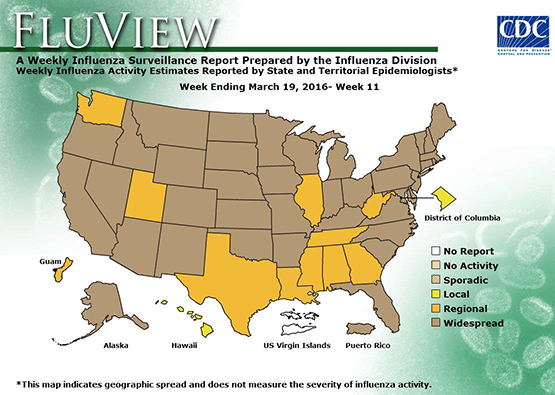|
Mumps nears end in some counties A mumps outbreak that began in July in Johnson County among young adults attending the University of Iowa officially ended in the county on March 14, but continues to spread through other counties, mostly those with a university campus.
Read more
|
Iowa joins national cohort to save babies’ lives The Iowa Newborn Screening Program is one of 20 state programs chosen for NewSTEPs 360, a national initiative to save the lives of babies by reducing the time from birth to identification of serious and often life-treating conditions.
Read more
|
Network keeps pulse on outbreaks In 1993, a large multistate outbreak of E. coli linked to Jack in the Box restaurants sickened more than 730 people. Four people died and more than 170 had long-term health complications. It took one month to determine the cause of the outbreak, and even longer to find the culprit.
Read more
|
Practicing preparedness Detecting highly infectious agents that may be used in bioterrorism events may be a little known responsibility of laboratories that perform microbiological cultures, but it is one of the most critical. The Hygienic Laboratory provided 24 laboratorians from across the state specialized training to identify these agents on March 22 and 23 at its Identification of Bioterrorism Agents: Wet Workshop.
Read more
|
|






